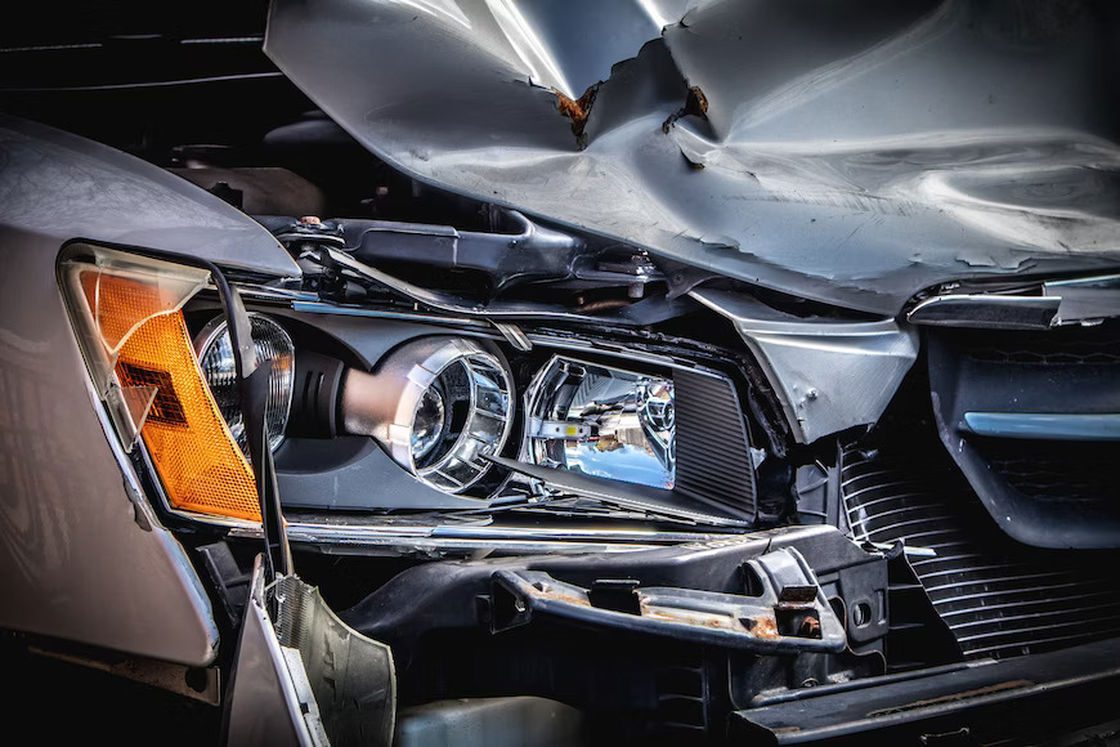Did someone else’s negligence result in your injuries or damages after a car accident? If so, you will likely need to file an insurance claim to seek compensation for your losses. Filing a claim against the at-fault party’s insurance policy is necessary to recover compensation for a personal injury. However, speaking with insurance adjusters can be stressful, and what you say can potentially harm your claim. Below, our Los Angeles car accident lawyers discuss what not to say to an insurance adjuster after a California auto accident.
What Is the Role of an Insurance Adjuster?
It is important to understand that the adjuster works for the insurance company, not you. This is true whether you talk to an adjuster from your insurance company or an adjuster from the other driver’s insurance company. Insurance companies are for-profit companies. Paying out accident claims is not in their best interest.
An insurance adjuster’s job is to investigate and assess your accident claim and settle it as quickly and cost-effectively as possible. While they may be personable and helpful, remember they are looking out for their company’s interests.
What You Should Avoid When Talking to an Insurance Adjuster
At the Law Offices of Steers & Associates, we have over 30 years of combined experience and success representing individuals like you in accident claims. We know the tactics insurance claims adjusters use to limit liability and minimize claims. We recommend discussing your unique situation with an experienced lawyer before you talk to an insurance claims adjuster. A strong attorney-client relationship with a Los Angeles personal injury attorney can help ensure you protect your accident claim.
However, if you must speak with one, knowing what to avoid saying to an insurance adjuster can protect your rights and increase your chances of recovering the compensation you deserve after a serious accident. Our Los Angeles car accident lawyers recommend the following points when you don’t know what to say when an insurance adjuster asks you about an accident:
1. Do Not Admit Fault
Even if you believe you might be partially at fault for an accident, it is essential not to admit this to the insurance adjuster. Determining who is at fault in an accident can be complex and may involve many factors. You should wait until an independent investigation of the accident has occurred and evidence has been gathered and assessed to determine liability.
Admitting fault, even unintentionally, can severely affect your claim. Here are some ways people might accidentally admit fault after an accident:
- Apologizing: While it may be human nature to say “I am sorry” after an accident, even if it is not your fault, an apology can be perceived as an admission of guilt. Avoid apologizing at the accident scene and in any discussions with the insurance adjuster.
- Speculating about the accident: Making a recorded statement about actions you could have taken to avoid the accident could also be seen as admitting fault. For example, saying something like, “I guess I could have been driving slower,” in a recorded statement could be used against you as evidence of fault.
- Discussing your actions before the accident: Talking about what you did just before the accident or saying something like, “They came out of nowhere,” can suggest that you were distracted and, therefore, at fault.
2. Never Give a Recorded Statement to the Other Insurance Company
If the insurance adjuster for the other driver asks for a recorded statement, we do not recommend giving one. Although they might make it sound routine, you should always politely decline. You are not legally obligated to provide a recorded statement. More so, it is not in your best interest to provide one.
During a recorded conversation, a seemingly innocent comment could be misconstrued and used against you to discredit your claim or reduce your compensation. Anything you say in these recorded statements can be used against you later in the claims process, potentially minimizing the value of your claim.
3. Do Not Discuss Your Injuries or Medical Treatments
Immediately following an auto accident, you may not fully understand the severity or scope of your injuries and damages. The adrenaline from the accident can mask injury symptoms. Additionally, sometimes, certain injuries, like whiplash and other soft-tissue injuries, become apparent days or weeks after the accident.
Request Your Free Consultation
"*" indicates required fields
Discussing your injuries at this point in the claims process could hurt your accident claim. Suppose you tell the adjuster that your injuries seem minor. Then, later, you learn that your injuries are more severe than initially thought. The insurance company can use your earlier statement against you to minimize your injuries.
Therefore, we recommend refraining from giving the insurance adjuster information about your injuries or medical treatment. You can tell the insurance claims adjuster that you decline to speak about them at this time. Instead, wait to disclose relevant medical test records, the police report, and other evidence that supports your claim until you and your lawyer send a demand letter to the insurance company.
Additionally, we do not recommend signing any authorizations for the release of your medical records. Signing a general release could give the insurance company access to any medical records it wants. It only needs records pertaining to your injuries. However, if you let it, it will look at old records for preexisting conditions or other injuries it could use to downplay your claim. You should discuss your situation with an experienced Los Angeles personal injury lawyer before signing anything from the insurance company, including agreeing to the first settlement offer.
 How Much Is Your Settlement Worth?
How Much Is Your Settlement Worth?
Schedule a completely free, no obligation consultation with our team
Schedule Consultation
4. Stick to the Facts of the Accident
When talking with an insurance adjuster after a car crash, keep the conversation as simple and factual as possible. Discuss the specifics of the accident without speculating, guessing, or providing unnecessary details or information.
The adjuster may ask you questions that you do not know the answer. If this happens, do not guess. Instead, tell them you do not know the answer. Remember, the adjuster may try to use any information you provide to reduce your claim’s value.
Get an Experienced Car Accident Lawyer on Your Side
The best way to avoid potential pitfalls in conversation with an insurance adjuster is to have an experienced Los Angeles car accident attorney handle these communications on your behalf. A lawyer can shield you from damaging lines of questioning and protect your best interests. More so, a personal injury attorney can fight for your right to fair and full compensation after an accident.
Schedule a Free Consultation With Our Los Angeles Personal Injury Lawyers Today
Car accidents can result in devastating consequences for accident victims. If you have been in an accident in Los Angeles or Southern California, do not hesitate to contact us about your situation. You may have a viable personal injury case to obtain compensation for medical bills, loss of income, and other incurred damages.
Consider starting an attorney-client relationship with our Los Angeles car accident attorneys for a free consultation to discuss your situation and potential legal options for seeking compensation. Call us today at (800) 824-5416 or submit our online contact form to get started.

Allen Vaysberg practices personal injury law and works tirelessly to defeat the tactics of insurance companies and large corporations who try to deny justice and fair compensation to injured people.



